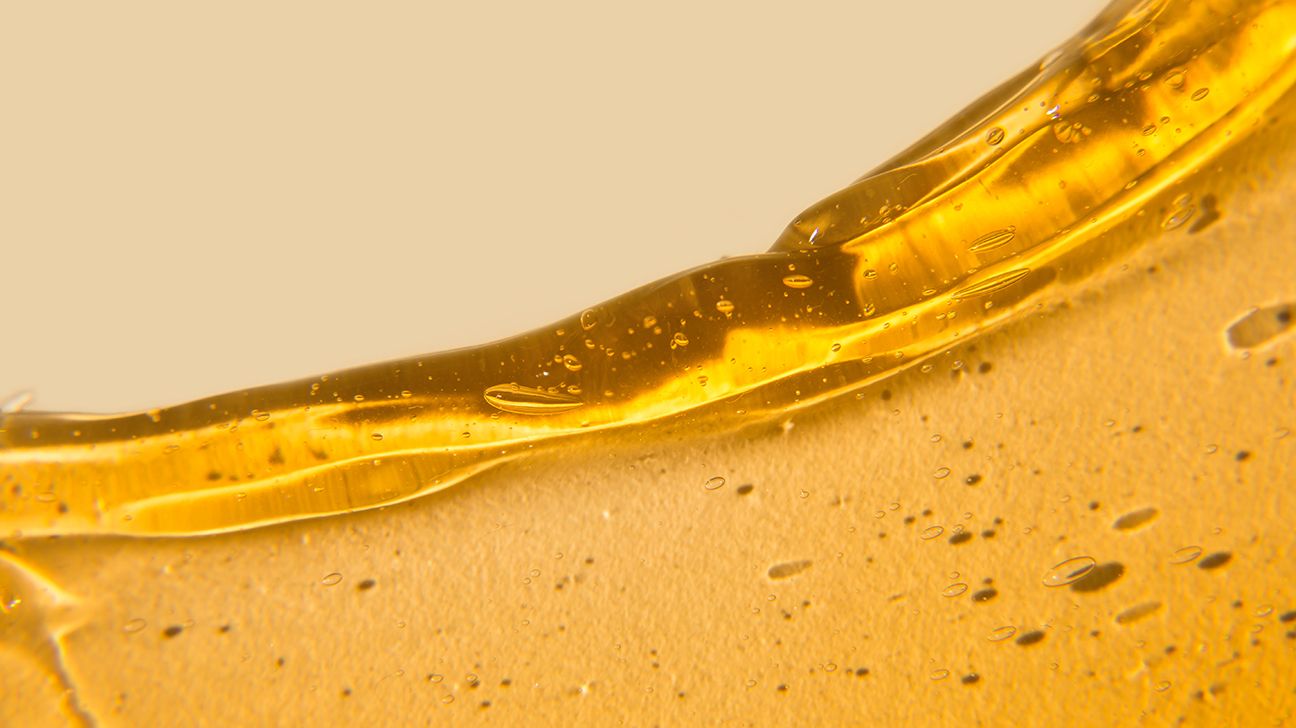Honey is an ancient, nutritional substance that is sometimes used to treat infections caused by chronic kidney disease (CKD). If you have stage 3 kidney disease, honey may have benefits for you.

Stage 3 chronic kidney disease (CKD) is a type of kidney disease. Individuals receive a diagnosis of stage 3 CKD based on the results of a test called an eGFR (estimated glomerular filtration rate), which measures how well the glomeruli – small filters inside your kidneys, are working. Some people with CKD report that honey helps them. But, the scientific evidence about honey and its effectiveness for CKD is mixed.
Some people use honey during stage 3 kidney disease. Here are the potential benefits, risks, and side effects of using honey for this condition.
Honey isn’t a cure for stage 3 kidney disease.
A
Medical-grade honey may have benefits for infections caused by CKD. Potential causes of infections during stage 3 kidney disease include malabsorption of nutrients, anemia, and iron overload.
If you have CKD, you may be more prone to infections than people who don’t have it. This may be especially true if you also have diabetes or late stage CKD that requires dialysis or a kidney transplant.
CKD infections are commonly treated with antibiotics. But antibiotics may not always be effective. Infections caused by antibiotic-resistant bacteria, such as methicillin-resistant Staphylococcus aureus (MRSA), can be hard to treat.
Antimicrobial-resistant infections are more common in people with end stage renal disease than they are in people during stage 3.
How does honey work?
Medical-grade, sterilized honey may be an effective topical treatment for skin infections, such as wounds and burns. A
Despite the mixed data currently available, many people, including medical professionals, have embraced the use of medical-grade, sterilized honey for wound care. Here’s why honey may work as a treatment for stage 3 kidney cancer infections:
- Honey doesn’t promote bacterial resistance.
- Honey has anti-inflammatory, antioxidant, and antimicrobial properties.
- It inhibits bacterial growth by starving bacteria of the water they need to thrive. (Manuka honey is thought to contain more polyphenols and antibacterial compounds than other honey types.)
- When placed on wounds, honey creates a protective barrier that keeps the infected area moist while it heals.
- Honey also contains micronutrients, which aid in the healing process.
If you have kidney disease, talk with a healthcare professional before using honey for an infection, especially if you have diabetes. Manuka honey contains methylglyoxal, an antimicrobial component that may cause cytotoxicity (cell death) in diabetic wounds.
People with diabetes should also avoid eating honey, as it’s a type of sugar and may spike glucose levels.
If you have stage 3 kidney disease, don’t use food-grade honey on wounds or in areas of open skin. Unsterilized honey may be contaminated with Clostridium botulinum, a dangerous bacterium that can cause botulism poisoning.
Side effects from honey are uncommon. But you shouldn’t use it topically or orally if you’re allergic, or think you may be allergic, to either honey or pollen. Common side effects of a honey allergy include:
- watery eyes
- itchy throat
- hives
- sneezing or runny nose
- swelling
Serious side effects, including anaphylaxis, may also be caused by a honey allergy.
As mentioned above, food-grade honey shouldn’t be placed on open areas of skin, such as foot ulcers. To use honey for infections caused by stage 3 kidney disease, look for medical-grade honey dressings, creams, or gels, sold specifically for topical use. Many of these use manuka honey plus other ingredients. Follow the manufacturer’s directions for use.
Talk with a healthcare professional before using honey as an antibacterial treatment. Your infection may require stronger types of medication. Also let your healthcare professional know if you have any of these symptoms:
- a wound that doesn’t heal or worsens
- pus or oozing
- red streaks
- swelling
- fever
Evidence from
Do not use honey as a topical or oral treatment if you’re allergic to it.
Can kidney patients take honey?
People with kidney disease can safely eat honey. In fact, the National Kidney Foundation includes several recipes on its website that include honey as an ingredient.
What are the worst foods for stage 3 kidney disease?
If you have stage 3 CKD, it’s a good idea to
How do you slow down stage 3 kidney disease?
CKD isn’t curable, but you can slow down its progression by taking an active approach to your healthcare. This includes monitoring and keeping your blood pressure and glucose levels within normal ranges.
Experts recommend eating a kidney disease–friendly diet and getting lots of exercise. It’s also important to keep all of your medical appointments, even if you’re feeling well.
There’s evidence indicating the effectiveness of using medical-grade, sterilized manuka honey on CKD infections.
There’s also limited evidence, based on animal studies, that eating stingless bee honey may be beneficial for reducing acute kidney disease caused by certain chemotherapy drugs.
Don’t use honey instead of medications that have been prescribed for you by your doctor. If you wish to try honey on CKD wounds, make sure to use products designed specifically for this purpose, rather than food-grade honey.

